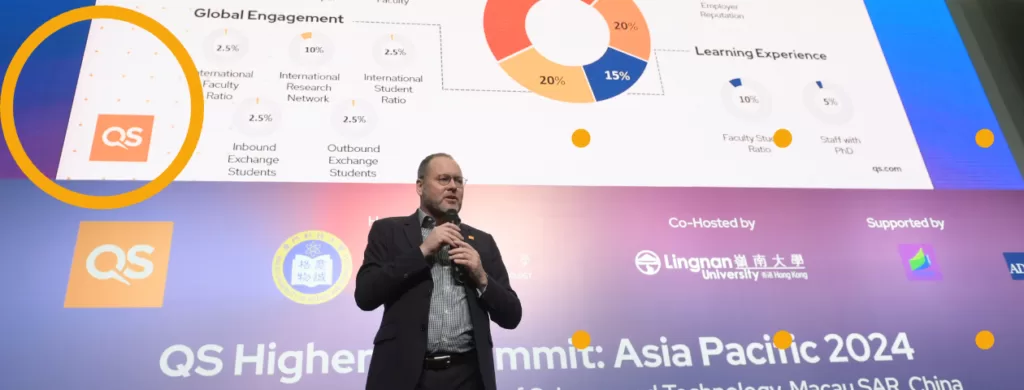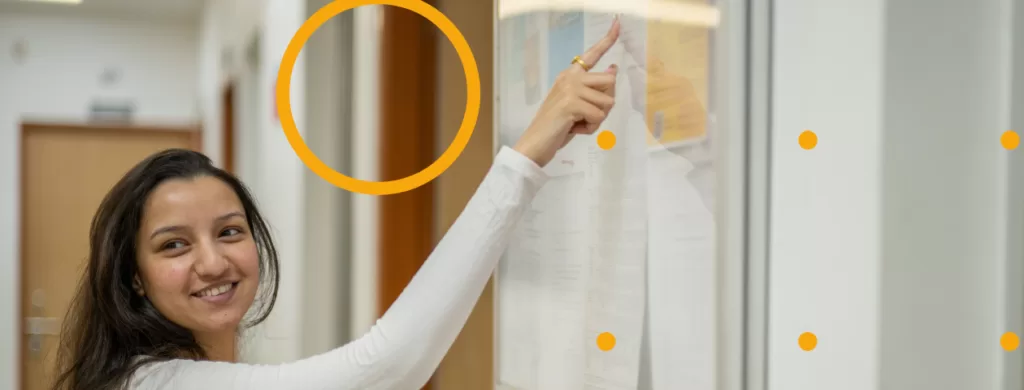
Extracurricular activities offer students the chance to make lasting memories and learn crucial skills. But how can your institution ensure its students are still given these opportunities during the coronavirus crisis?
University is not only a means to a degree or qualification. It’s also an opportunity for students to expand and explore interests outside of their chosen subject.
Extracurricular activities, whether that be volunteering, sports, or the arts, are a great way to learn key soft skills and create memorable experiences.
According to the World Health Forum, as well as the need to understand and work with technology, 80% of businesses surveyed said soft skills were increasingly important to company success.
The report identified five soft skills that companies need but are struggling to find in their employees, including:
- Creativity
- Persuasion
- Collaboration
- Adaptability
- Time management
Extracurricular activities are an excellent way for students to gain these vital soft skills before they enter the labor market.
These activities not only help students learn how to keep commitments and manage time, but they can also encourage students to step outside their comfort zones, in turn expanding their skill set even further.
Extracurricular activities can also help students expand their interests; helping them understand more of what they enjoy and, in some cases, what they might pursue as a career.
For example, it’s not uncommon for journalists, writers, or editors to have contributed to their student magazine during their time at university, something that may have sparked their interest in a related profession.
One of the many reasons why university students are keen to participate in extracurricular activities is simply for the enjoyment and the memories they can provide.
The pressure of exams and coursework can be difficult for students to manage, and extracurricular activities allow them to spend time with friends and away from these pressures.
Due to the coronavirus crisis, universities across the world have had to close their campuses, or at the very least, implement strict social distancing guidelines.
This is an obstacle for many extracurricular activities that rely on in-person interactions.
It’s important that student clubs and societies are not neglected during this time, and that, even though the coronavirus presents significant challenges, universities find innovative ways to help them function.
In normal circumstances, universities would host a fair at the beginning of the academic year to showcase the clubs and societies they have to offer.
Universities must find a way of hosting these fairs in a safe way, to ensure students studying in the time of coronavirus are given the same opportunities as everyone else.
One option is to host the fair online, allowing students to browse their institution’s clubs and societies without any risk to them.
Most universities, such as the University of Western Australia, have their options listed online all year round.
While this is a great place to start, it is also a good idea to create a more interactive experience by supplementing the online information with live presentations or Q&A sessions with current club representatives.
Cambridge University, who announced they will be conducting the entire academic year online with some in-person teaching if possible, have planned a creative and interactive online fresher’s fair for new students.
According to the university, the online fair will allow students to “be greeted by our sabbatical officers and be presented with an interactive map featuring the different categories of societies.”
Students will then be taken through an online tour. The university added: “We’ve tried to keep the virtual fair as true to the real-life experience (minus the crowds!).”
Once students have put forward their interest in various clubs and societies, it’s now up to your institution to work with club representatives to help them host sessions safely.
For some activities, such as close contact sports, it will be difficult, if not impossible, to host in-person sessions while also following social distancing rules.
However, this doesn’t mean that sessions cannot take place at all.
Hosting virtual sessions can help members get to know each other, as well as providing the opportunity for club representatives to inform participants of plans for the year ahead and how they will adapt.
For clubs and societies where in-person sessions will be possible, the year should begin with several virtual sessions to teach students of the safety measures that will need to be adopted.
It’s the responsibility of the institution to ensure that all club representatives understand and implement the necessary safety measures that must be taken to protect students.
Each country will have different guidelines when it comes to social distancing, and it’s important that your university remains adaptable, meeting evolving guidelines and planning for any potential changes.
Universities UK has released a report, Principles and Considerations: Emerging From Lockdown, detailing the steps UK universities should take as they begin to emerge from lockdown and reopen.
They suggest universities use “a variety of communication channels to remind students and staff of the importance of public health guidance (e.g. washing hands, social distancing, self-isolation in the event of symptoms).”
Volunteering is also a great extracurricular activity for students to participate in, particularly during the coronavirus which has increased the number of vulnerable people requiring assistance.
The University of Manitoba in Canada is encouraging its students to volunteer with local charities during the COVID-19 crisis by offering the Canada Student Service Grant in recognition of services.
Options include conducting “remote counselling and wellness checks” in which students can provide telephone support to the local community, or in-person volunteering such as picking up and delivering “groceries, meals, and care packages to people who are self-isolating or who have difficulty leaving their home.”
Equally, American University, Washington DC, has highlighted the importance of staying involved and supporting local communities during the COVID-19 crisis.
As a result, the university has compiled a list of virtual volunteering activities for their students, such as “tutoring through Zoom or indirect service such as working on social media or doing research.”
While the coronavirus outbreak has presented significant challenges to extracurricular activities, this doesn’t mean that they must be stopped altogether.
With innovative thinking and detailed planning from institutions, students can still take part in these activities and access the many benefits they provide.
For more information on how your institution can prepare for the new academic year, check out the QS report: How Universities can Support and Protect Prospective and Current Students in the Upcoming Academic Year.



